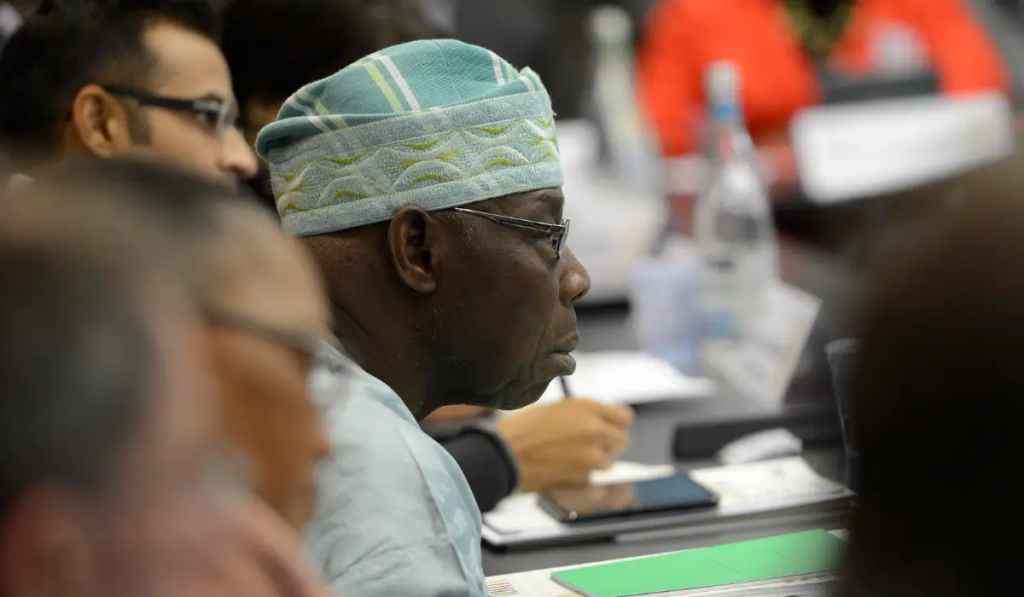Silencing the Guns in Africa: Beyond Rhetoric to Results
By Divine Adongo | Voices of Africa

Once upon a time, Africa danced. From the deserts of Mali to the hills of Rwanda, our drums echoed harmony, our proverbs guided peace, and our communities resolved conflict under the shade of baobab trees. Before colonizers drew artificial borders and before weapons were traded for ivory and bodies, African societies lived by systems of respect, dialogue, and unity. But that rhythm has been interrupted. Today, in far too many corners of the continent, the guns speak louder than the elders, and the dreams of generations are buried beneath the rubble of conflict.

It was in recognition of this crisis that the African Union launched a bold initiative in 2013: Silencing the Guns by 2030, as part of Agenda 2063. This was more than a poetic phrase; it was a Pan-African pledge — to end all wars, prevent genocide, root out violent extremism, and dismantle the structural causes of conflict across Africa. The vision was ambitious: a peaceful, secure, and prosperous Africa where no child is raised in a refugee camp, no community is erased by conflict, and no youth is recruited to fight wars they didn’t start.
Yet, despite noble intentions, the guns have not been silenced. In Sudan, Congo, Burkina Faso, northern Mozambique, and the Central African Republic, war remains a language spoken fluently. Civilians bear the heaviest cost. Displacement, hunger, gender-based violence, and trauma are daily realities. Behind the gunfire lie deeper issues: political instability, youth unemployment, foreign exploitation, and systems of governance that too often serve elites rather than citizens. Too many governments respond to crisis with force instead of dialogue, and peace is seen as the absence of war, rather than the presence of justice.
Africa’s fragility is not born of fate. It is the product of neglected institutions, manipulated identities, and unfulfilled promises. Political transitions in some states still rely on the barrel of a gun rather than the ballot box. In others, disillusioned youth become easy targets for violent extremist groups, offering them not just weapons, but a sense of purpose. Weak judicial systems allow warlords and corrupt leaders to act with impunity, undermining trust in the rule of law. Meanwhile, the international arms industry profits from our pain, while global powers treat African conflicts as pawns in their strategic games.
But to say all is lost would be false. Even during war, African resilience shines. South Sudan’s fragile peace deal, the Gambia’s democratic transition, and youth-led movements from Nigeria’s #EndSARS to Sudan’s revolution show that Africans are not waiting to be saved — they are taking peace into their own hands. Women peacebuilders are mediating at local levels. Civil society is speaking truth to power. Young people are using digital platforms to demand justice and accountability. These are the seeds of transformation — if we nurture them.
To silence the guns, we must go beyond disarmament to:
- Investing in peace economies — jobs, education, and opportunity must outcompete war. When youth are engaged, employed, and empowered, they will no longer be lured by militias or mercenaries.
- Reforming security sectors — train soldiers to protect, not repress; teach police to serve, not extort. Security must be people-centered and rooted in human rights.
- Rediscovering the value of our indigenous peace systems — our elders, faith leaders, and traditional mechanisms have long resolved conflicts that modern courts could not reach.
Pan-Africanism demands that we, the citizens of this continent, do not remain passive. Peace is not the work of governments alone. Every African — artist, activist, teacher, farmer — has a role to play. We must raise our voices when violence is normalized, support grassroots peacebuilders, and hold leaders accountable for promises made. As citizens, we must demand a new kind of politics: one that values dialogue over domination, unity over division, and dignity over destruction.

Africa must learn to dance again — not to the rhythm of gunfire, but to the beat of hope, healing, and harmony. We must remember who we are: a continent of thinkers, builders, dreamers, and doers. Silencing the guns is not just a security agenda — it is a moral one. It is about reclaiming our future from the shadows of our past and reimagining a continent where peace is not a privilege, but a birthright.
The time is now. Not in 2030. Not when the next summit is held. But now — in our schools, on our streets, in our parliaments, and in our hearts. Africa will not rise with rifles. It will rise with unity, justice, and vision. And when the guns are finally silent, we will hear once again the rhythm of our drums, the wisdom of our stories, and the footsteps of a continent walking boldly toward its destiny.



